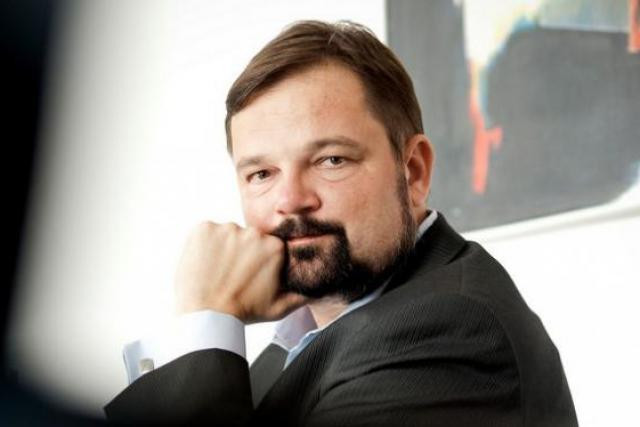Tired of waiting on the UK government to get things done, companies in the financial sector have decided to take independent action. In an article earlier this week, Delano reviewed the number of companies that have decided to relocate to Luxembourg--35 so far and counting.
However, according to lawyer and fund industry expert, Charles Muller so far, “Banking and insurance have been priorities in Brexit discussions, but asset management (AM) is not even on the radar.”
That said, he added that, “All serious asset managers have already done their homework and are taking action to be ready for the post-Brexit world. Not all of them are talking about it in the papers, but you can be sure that they are all getting ready.”
Indeed, as reported in our earlier article, Ernst & Young Luxembourg recently carried out a survey of senior managers in over 55 wealth and asset management firms that found that, “Just over half (51%) of respondents are working on or planning to establish entities in Europe….41% say they are planning entities in Luxembourg.”
“Asset management companies can move relatively easily,” explained Muller. “They can move one or two people and use a third-party management company to take care of administration in Luxembourg, while delegating the actual asset management back to London, for example.”
A third-party management company provides the necessary substance, infrastructure, staff, systems, reporting disclosure and supervision of delegated activities related to the AIFM/Ucits ManCo duties. There are several companies providing such services in Luxembourg, meaning that asset managers can set up here without having to relocate an entire office.
It seems, then, that the asset management industry in Europe will continue post-Brexit and even flourish in Luxembourg.
Luxembourg has, in fact, had a flourishing funds industry since the introduction of Ucits legislation 30 years ago. However, according to Muller, “The success of small jurisdictions like Luxembourg and Ireland has made bigger countries feel threatened, especially considering that Luxembourg’s Ucits products are the most widely distributed world-wide.”
In his view, some of these bigger countries are now using Brexit as an excuse to try to, “reorganise their market share.” Basically, they do not like the fact that a fund can be domiciled in Luxembourg with other functions delegated to another jurisdiction. “They see Brexit as an opportunity to prevent delegation altogether.”
Muller explained that the last attempt to do this was with the introduction of the AIFMD (alternative investment fund manager directive), “which shifted the focus from the product to the fund managers in the hopes that they would prefer to be located in cities such as Paris instead of Luxembourg or Dublin. It didn’t work.”
